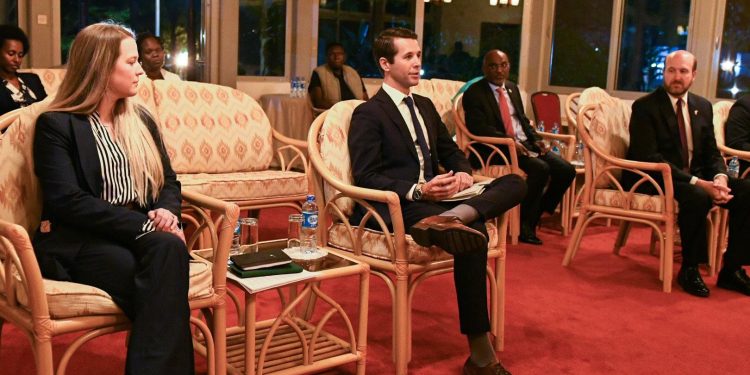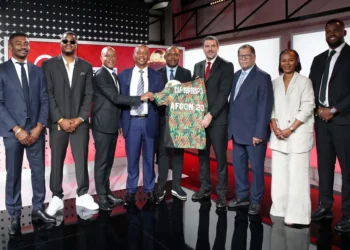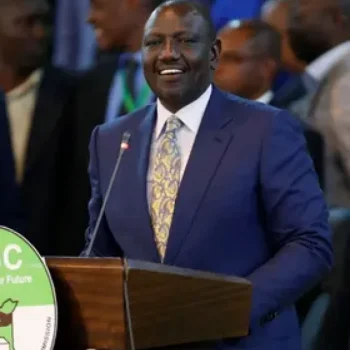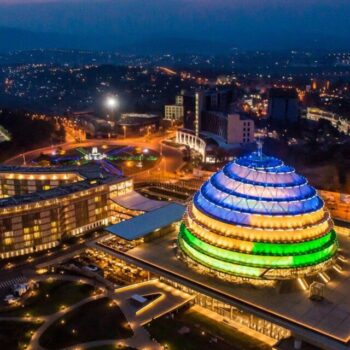President Yoweri Museveni has given the green light to Starlink, the satellite internet provider run by Elon Musk’s SpaceX, to start operations in Uganda. He believes the service could play a key role in bringing affordable internet to remote parts of the country that have long been left out of the digital revolution.
Museveni shared this after meeting Starlink officials Ben MacWilliams and Brandi Oliver at State Lodge Nakasero. They were joined by Uganda’s Permanent Representative to the UN, Ambassador Adonia Ayebare, and the US Ambassador to Uganda, William Popp.
“Yesterday in Nakasero, I had a productive meeting with Starlink representatives. I appreciate their commitment to providing low-cost internet in hard-to-reach areas and establishing a presence in Uganda. They are welcome,” he posted on X.
Starlink works by using satellites in low-Earth orbit to beam internet signals directly to users. This setup skips the need for things like fibre cables or cell towers, which many rural areas still don’t have.
Uganda has made progress in internet access, but costs remain high and coverage uneven. A report from the Alliance for Affordable Internet shows that 1GB of data in Uganda costs about $0.84, which is more expensive than in Kenya or Rwanda. For many low-income Ugandans, this makes staying connected difficult.
According to Ibrahim Bbosa from the Uganda Communications Commission, Starlink’s arrival could be a big step toward making internet access more inclusive. He says it could support online education, healthcare, and other digital services in areas that are currently underserved.
As of 2023, internet usage in Uganda was around 58%, but most of that is concentrated in towns and cities. Rural areas still struggle due to poor infrastructure and unreliable electricity.
Starlink’s service uses a dish and router that customers set up themselves. It offers speeds similar to fibre internet. However, the equipment comes with a high upfront cost—about $500—which could be a barrier for many. In other African countries, though, the company has tried out subsidy programs and partnerships to make the service more accessible.
Starlink is already live in countries like Nigeria, Rwanda, and Mozambique. It’s also working on getting licenses elsewhere across the continent. While it’s not yet clear what regulatory steps remain in Uganda, Museveni’s warm welcome signals that the government is eager to fast-track the process.
With Uganda pushing its Vision 2040 plan to drive digital transformation, working with global tech firms like Starlink could help the country close long-standing connectivity gaps and bring more people into the digital economy.

















